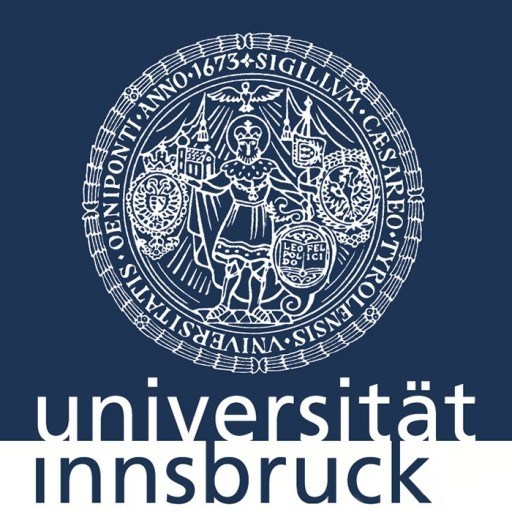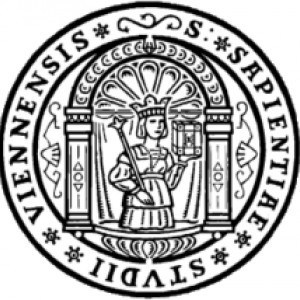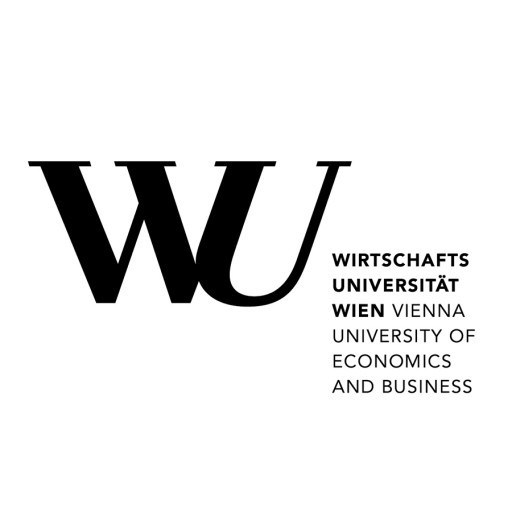Photos of university / #uniinnsbruck
Molecular Cell and Developmental Biology at the University of Innsbruck offers a comprehensive and interdisciplinary curriculum designed to equip students with a deep understanding of the fundamental biological processes that underlie life itself. This programme provides a solid foundation in molecular biology, cell biology, genetics, and developmental biology, combining theoretical knowledge with practical laboratory skills. Students will explore the molecular mechanisms that regulate cell function, differentiation, and development, as well as the intricate interactions within biological systems. The programme emphasizes a research-oriented approach, encouraging students to engage in innovative projects and to develop critical thinking abilities essential for scientific inquiry.
Throughout the course of study, students will have opportunities to work with advanced laboratory techniques such as microscopy, molecular cloning, gene expression analysis, and computational biology tools. They will learn how to design experiments, analyze data, and interpret results within the context of current scientific knowledge. The curriculum also covers key topics like developmental pathways, signal transduction, and the genetic basis of diseases, preparing graduates for careers in research, biotechnology, medicine, or academia.
The programme's faculty includes internationally recognized experts in the fields of cell and developmental biology, providing students with mentoring and guidance on cutting-edge scientific developments. Part of the university’s strong emphasis on research and innovation, students will benefit from state-of-the-art laboratories and collaborations with local research institutions. The programme aims to foster a collaborative learning environment, encouraging teamwork and interdisciplinary approaches to solving complex biological questions.
Graduates of the Molecular Cell and Developmental Biology programme will be well-prepared for postgraduate studies or careers in research sectors focused on biomedical sciences, agricultural sciences, or environmental biology. They will possess the analytical skills, scientific knowledge, and practical competencies needed to contribute meaningfully to advancements in understanding biological systems and addressing global challenges related to health and sustainability. This programme at Innsbruck University offers a unique opportunity for aspiring scientists to become part of a vibrant academic community dedicated to excellence in biological research and education.
- Selected topics in Cellular and Developmental Biology
- Elective Module
- Instruction to Scientific Work
- Master’s Thesis
- Master's Thesis Defence
Requirements
- Completed a bachelor's degree in a relevant related field.
- Transcript of records including number of ECTS-Credits completed,
- Curriculum vitae,
- Proof of German language ability (level B2)
as well as (originals or officially certified copies):
- Notice (“Bescheid”) confirming awarding of bachelor’s degree,
- Diploma certificate,
- Examination certificate,
- Diploma Supplement
- Transcript (list of examinations completed).
The Molecular Cell and Developmental Biology program at the University of Innsbruck offers diverse financing opportunities for both international and domestic students. Tuition fees for non-EU students are generally higher compared to EU students, with the standard semester fee including student union and student services contributions. Austrian students and students from the European Union or European Economic Area are typically required to pay only the semester fee, which is approximately €20-€400 per semester. Non-EU students may pay higher tuition fees, which can range from €726 to €1,500 per semester, depending on the specific program and regulations set by the university.
In addition to tuition fees, students can explore various funding options including scholarships, grants, and financial aid programs. The University of Innsbruck offers a range of scholarships for excellent students, which are often merit-based and may cover partial or full tuition fees. International students can benefit from specific scholarship schemes such as the Austria Program or the Erasmus+ mobility grants, which provide financial support for exchange or mobility periods. Moreover, students may also seek scholarships from governmental sources, such as the Austrian Federal Government or their home country’s educational agencies, that support higher education abroad.
Part-time employment is another common way for students to finance their studies. Innsbruck provides opportunities for students to work on campus or in local businesses, often during semester breaks or part-time hours during the semester. The university’s Career Service helps students find suitable employment and provides guidance on employment rights and opportunities. Additionally, many students take advantage of internships or research assistant positions within the university or in related industries, which can offer both financial support and valuable professional experience.
Students are encouraged to apply early for available scholarships and to consult the university’s official financial aid resources regularly for updates on funding opportunities. Budgeting for living expenses, including accommodation, food, transportation, and study materials, is crucial for successful financial planning during their studies. Innsbruck’s city offers various affordable housing options, including student dormitories, shared apartments, and private rentals, which students should consider as part of their overall financial preparation.
Overall, studying Molecular Cell and Developmental Biology at the University of Innsbruck can be financially manageable through a combination of tuition fee management, scholarship applications, part-time work, and careful budgeting. The university's support services aim to assist students in securing adequate financial resources to ensure they can focus on their academic and research activities without undue financial stress.
The Master's degree program in Molecular Cell and Developmental Biology at the University of Innsbruck provides students with a comprehensive education in the fundamental processes that govern cellular function and organism development. This advanced program builds upon undergraduate studies in biology, biochemistry, genetics, and related disciplines, equipping students with in-depth knowledge and practical skills necessary for research and application in the life sciences. The curriculum covers a wide range of topics, including cell signaling, gene regulation, developmental mechanisms, systems biology, and advanced microscopy techniques. Students have the opportunity to engage in cutting-edge research projects within the university's state-of-the-art laboratories, often collaborating with leading scientists in the field. The program emphasizes interdisciplinary approaches, combining molecular biology, biochemistry, genetics, and bioinformatics to understand complex biological systems. Throughout their studies, students develop critical thinking, problem-solving, and experimental design skills, preparing them for careers in academia, biotechnology, medicine, or industry. The degree also offers courses in scientific communication, project management, and ethics, ensuring well-rounded professionals ready to contribute to scientific advancements. Graduates of this program are well-positioned to pursue doctoral research or enter the workforce in sectors such as biomedical research, pharmaceutical development, or personalized medicine. The program is characterized by its international orientation, providing opportunities for exchange programmes and collaborations with research institutions worldwide. The University of Innsbruck's location offers students access to a vibrant academic community, modern facilities, and networking events that foster professional growth. Overall, the Master's program in Molecular Cell and Developmental Biology aims to produce highly skilled scientists capable of addressing key challenges in health, environment, and life sciences through innovative research and applications.



